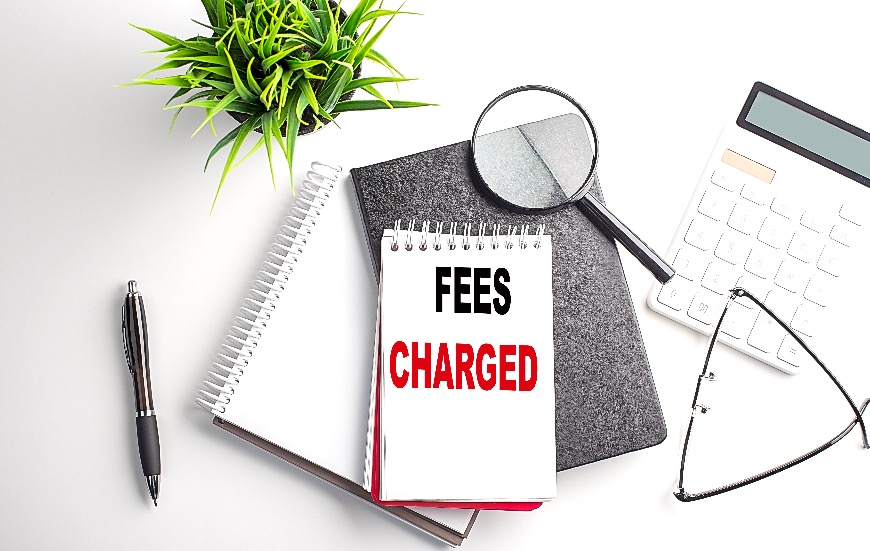The principle governing the recovery of attorney’s fees in Florida is the American rule. Under the American rule, the opposing sides in a legal dispute must pay their own attorney fees, regardless of who prevails. However, the American rule is only a default rule, and there are circumstances and exceptions in which a prevailing party may recover its expenses. In Florida, the rule entails a successful litigant to recover attorney’s fees when authorized by contract, statute, or court rule. Still, questions remain regarding whether a prevailing party is automatically entitled to attorney’s costs, which are separate and distinct from attorney fees.
Is a prevailing party in litigation entitled to recover any costs?
Under section 57.041(1) of the Florida Statutes, when a party prevails in litigation, it should be entitled to recover costs incurred in connection with the litigation. Section 57.041(1) states, “the party recovering judgment shall recover all his or her legal costs and charges which shall be included in the judgment.” However, the taxable or recoverable costs the prevailing party is entitled to are within the trial court’s discretion. Additionally, in Florida, there are guidelines known as the Statewide Uniform Guidelines for Taxation of Costs in Civil Actions that should be followed when considering which costs are taxable or recoverable.
These guidelines are separated into costs that should be recoverable, costs that may
be recoverable, and costs that should not be recoverable. Costs that should be recoverable or taxable include, but are not limited to, deposition fees, document and exhibit fees, and expert witness fees. Costs that may be taxed include mediation fees and expenses, expert travel expenses, and electronic discovery expenses. Lastly, some costs that should not be taxed include long-distance calls with witnesses, attorney travel time, and attorney travel expenses.
In a civil litigation, are attorney’s costs automatically awarded to the prevailing party?
Section 57.115 of the Florida Statutes states that a court may award a judgment debtor reasonable costs and attorney’s fees. So, a party may be entitled to attorney’s costs, but attorney’s costs are not automatically awarded to a prevailing party. Again, the taxation of costs in any particular matter is within the trial court’s broad discretion.


